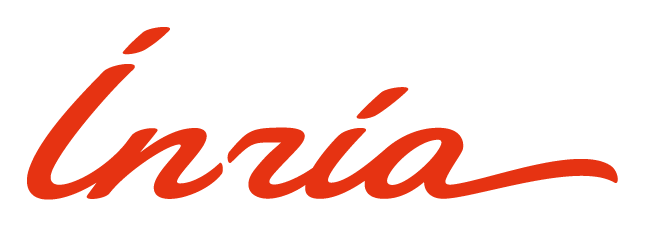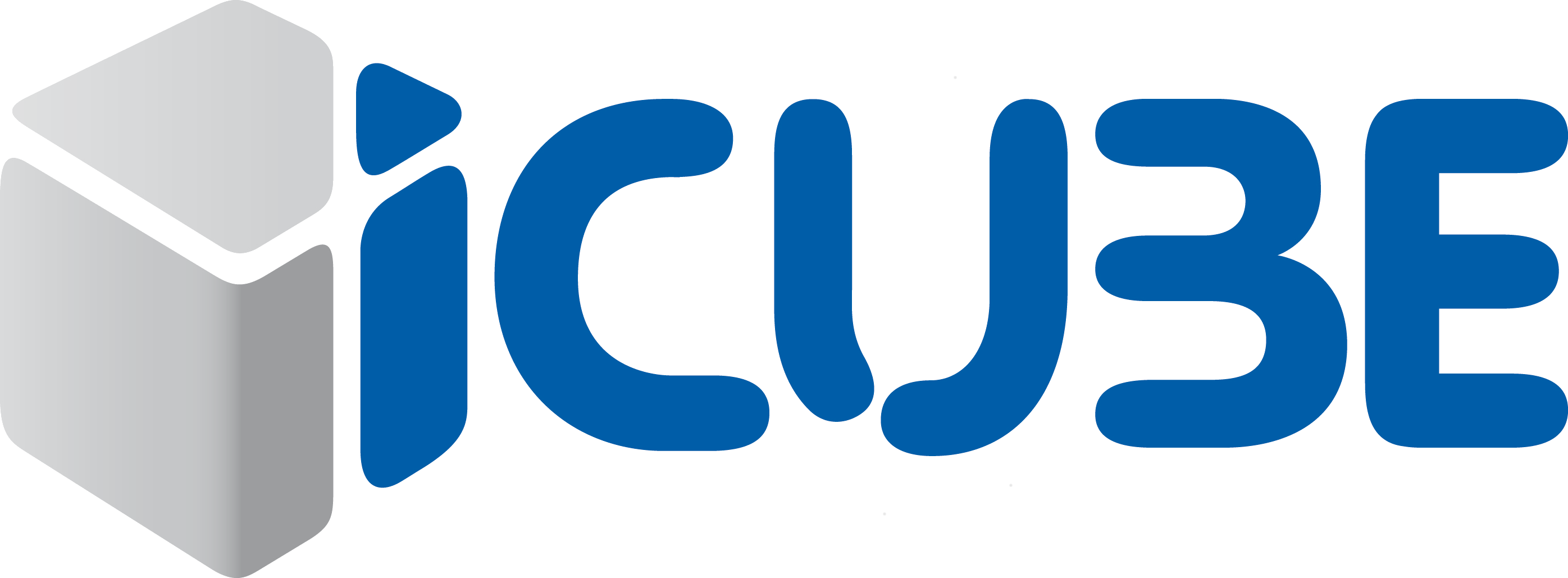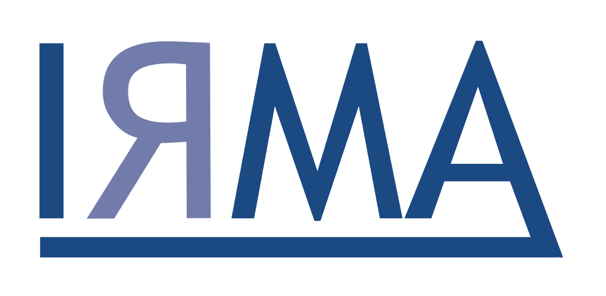CAMUS
The INRIA team CAMUS (Compilation pour les architectures multicoeurs, hosted by ICPS team of ICube) is focusing on developping, adapting and extending automatic parallelizing and optimizing techniques, as well as proof and certification methods, for the efficient use of current and future multi-core processors.
The team’s research activities are organized into five main issues that are closely related to reach the following objectives: performance, correction and productivity. These issues are: static parallelization and optimization of programs (where all statically detected parallelisms are expressed as well as all “hypothetical” parallelisms which would be eventually taken advantage of at runtime), profiling and execution behavior modeling (where expressive representation models of the program execution behavior will be used as engines for dynamic parallelizing processes), dynamic parallelization and optimization of programs (such transformation processes running inside a virtual machine), object-oriented programming and compiling for multicores (where object parallelism, expressed or detected, has to result in efficient runs), and finally program transformations proof (where the correction of many static and dynamic program transformations has to be ensured).
External link to CAMUS team website







